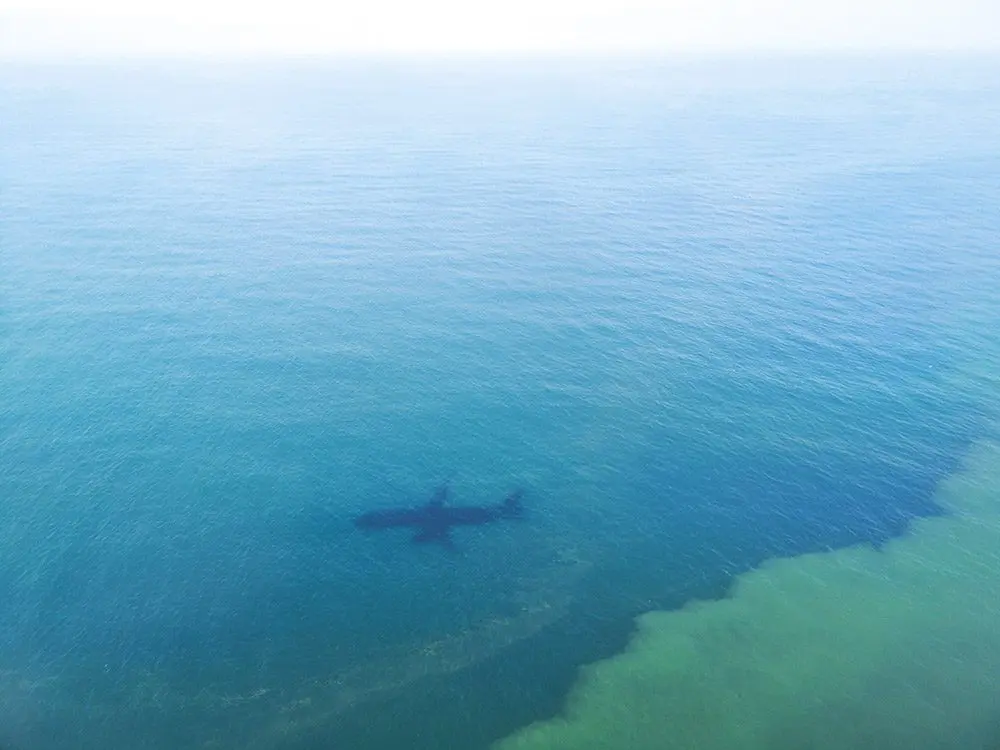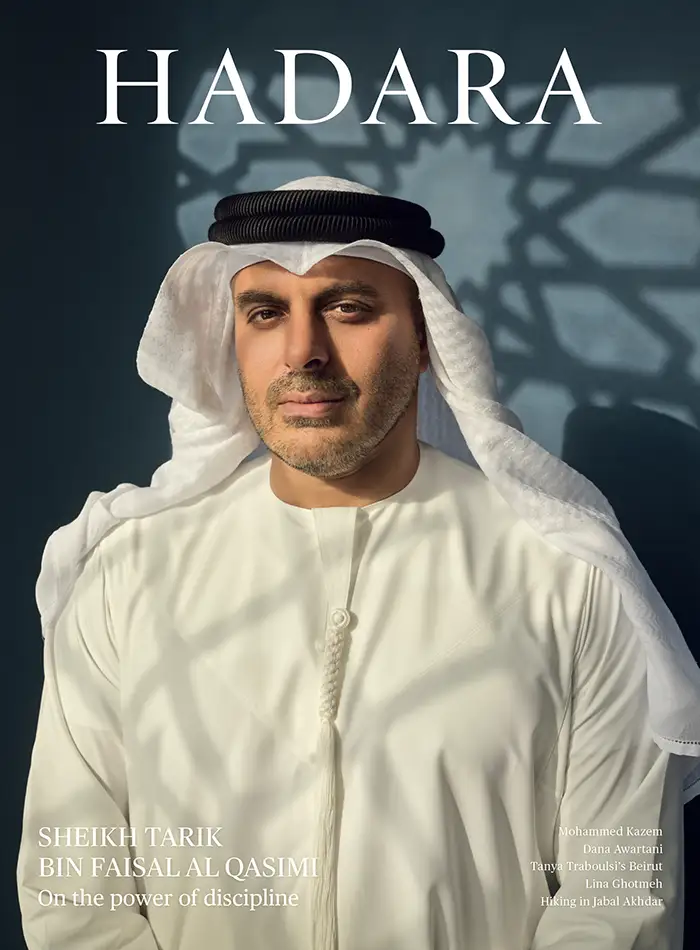It’s Not Sweet, Turning Back
By A. Naji Bakhti
Aberystwyth is not Beirut, I told my parents over the phone recently. For one thing, if you stand by the coast and look past the sea you cannot make out Cyprus or Sicily or, on those long Friday afternoons in June, Gibraltar. I knew it was what they wanted to hear. You can just about spot Ireland if you stare for hours, but only on clear days and there are not many of those.
When I received the job offer from Aberystwyth, I knew I could not turn it down. It was time to leave, I told myself, and I could do more good abroad than in Beirut. You cannot help save a sinking ship by chaining yourself to the mast, I consoled myself. I had given Beirut the best part of my twenties, I reasoned. I had witnessed my parents give it the best part of their lives and watched as the last of their lifetime savings sank away to be swallowed whole by our corner of the Mediterranean.
After I had waved to my parents at Beirut International Airport and made my way towards border control, I realised that I would not see them again as they are. It was a habit of mine during my time abroad as a student to imagine my parents in their forties even as I looked through recent pictures of them or held long video calls. As soon as I was on a plane, they seemed to shed the years and some of the wrinkles. I saw no harm in this, initially, because when I first left Beirut, my mother was in fact in her late forties and my father in his mid-fifties. It was only later that I came to understand the inherent cruelty.
So I turned back. I convinced myself, as I wrenched the trolley around, that I was only going to give my parents another wave. I had not done this throughout my years of traveling from Beirut to the UK in my quest for degrees and certificates. I had a sense that it was all meant to be temporary then, that I would be returning for Christmas and Easter and those long, hot summer days in June filled with cherries and ice, far-flung friends, salt and almonds, salt and sour plums, salt and sun-kissed skin. The sweet salt strung together the first day of June and the last hour of August.
This was different. There was a permanence that weighed heavy and exceeded that 25-kilogramme limit and pressed tightly against my now-creased shirt and the roasted almonds which my mother had slipped in the side pocket and that bottle of Ksara and the tin of stuffed vine leaves in olive oil.
I looked for my parents but could not find them. I searched for my father’s run-down Mercedes-Benz outside the airport but could not find it either, and so returned to the queue. An hour and a half later, an officer glanced through my passport and informed me that I was not leaving Beirut. “Look, I understand that you’re eager to leave, so am I, but it’s not happening today. That visa does not kick in until tomorrow,” he insisted over my panicked objections.
I recalled my mother’s superstitious words of warning, often said in admonishment: “It is not sweet, turning back”. A more-polished translation would be “turning back is a bad omen”. But I prefer the former, if only because I can taste it. It was convenient to conclude that my failure to heed those words moments earlier had resulted in my temporary misfortune.
When I called my mother to tell her that I’d made another in a long line of minor blunders, I could hear my father laughing in the background. Exactly 10 years prior, I had dragged my family to the airport 12 hours early because of my assumption that mine was the morning flight and not, in fact, the evening one. My father managed to persuade a passing Middle East Airlines pilot to find a place for me on the morning plane. “Take him, for god’s sake,” my father said. They were not crying as I waved goodbye to them that time, just shaking their heads in a mixture of disappointment and bemusement.
The sun had risen by the time the battered ’96 model Mercedes-Benz pulled up. I got in the back seat and closed my eyes, exhausted by the journey I had not embarked on. I awoke to the smell of knefeh. My parents cracked a joke about it being better than airplane food. For a moment, I was 10 again. It was the ’90s. Beirut was younger, boisterous, hungry for all that it had missed out on throughout the civil war of the previous decades. And my parents were in their forties, having slipped into a comfortably familiar, much-practiced role which it now transpired they had never really cast off.
I would be back at the airport within days. I knew that I had been fortunate to be given a way out. It was an opportunity which many in Lebanon would risk their lives for, and which many had lost their lives in pursuit of.
“Aber’ though?” asked my increasingly superstitious mother when she first heard of the job offer. “I don’t like it.” Aber means grave in Arabic.
“It’s Aber here and Aber there,” countered my father. I do not believe that he’d meant to make some layered point about the challenges of forging a life abroad versus the futility of building a future in a collapsing country. The inauspiciousness amused him, and he revelled in one of the few joys available to him. His sense of humour remained very much intact, though he, like many Lebanese, had lost both his job and pension in the past couple of years due to inflation and the severe economic crisis. The collapse of the lira as a result of the endemic corruption and mismanagement of the ruling elite had led to the impoverishment of more than half the population. This, alongside the Beirut port explosion, which destroyed hundreds of homes and killed more than 200 people, had brought the city to its knees.
At the airport, I turned the trolley around again. This time I could just about make out their silhouettes from a distance: my mother leaning against my father, his arm around her shoulders, their backs turned, swaying harmoniously toward the door in that manner which only enduring couples can pull off through those later years, long after they had forgiven or forgotten one another’s faults, two pillars of salt in saline water.
A. Naji Bakhti is a novelist. His debut, Between Beirut and the Moon (Influx Press), was released in 2020 to critical acclaim.
PHOTO: SHUTTERSTOCK




